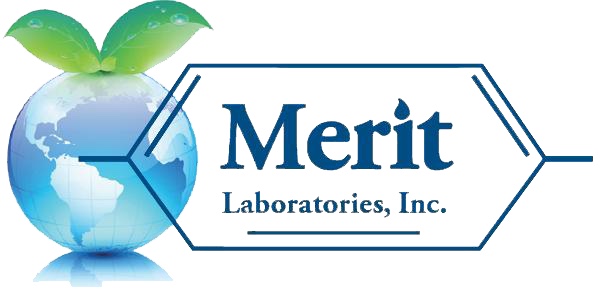Summa is for Wrestling not TO-15 Air Sampling
The term summa canister is trying to go the way of other product names that have become generic titles for their intended purpose, like Kleenex and Band Aids. The term summa canister is used in the environmental industry by many professionals to describe the sampling media used for air sampling prior to laboratory testing. There is, however, inherent risk in believing that summa canister is an acceptable term that defines all air sampling media for TO-15 projects.
Put simply, summa canisters are an outdated technology. Using a summa canister brings a significant risk when used for air sample collection and laboratory testing. The biggest risk one encounters when using summa canisters is the potential for the Nickel Chromium Oxide internal coating to degrade, thus exposing the air sample to uncoated stainless steel. Uncoated stainless steel (304) is about 70% iron, which is a highly reactive and catalytic element, and can promote chemical reactions leading to the loss of target compounds. Another issue with the summa canister is the humidity of the air sample being collected. Generally, any humidity less than 40% is problematic for summa canisters because of their need for water vapor to be present for analytical testing, also leading to the potential loss of reactive target compounds.
The best technology available for collecting passive air samples for method TO-15 is using a Silonite™ Ceramic Coated canister, eliminating the reactive risk of iron exposure associated with the summa canisters. Silonite™ ceramic coating is inert and durable, which allows for the complete recovery and storage of an extended range of organic compounds. Silonite™ also improves canister reliability and lifespan in the field. Manufactured by Entech Instruments, these canisters are coated in Silonite™, which eliminates the risk of corrosion and subsequent loss of reactive compounds.
Another issue with summa canisters is the misconception about the sample volume required. Many laboratories are still pushing the large 6-Liter summa canisters on their clients because it is what they have in stock. There are actually very few project applications, however, when a 6-Liter canister would even be necessary. Recent technological advances in analytical testing have made it unnecessary to collect a large 6-Liter air sample for nearly all environmental project applications. Increased sensitivity in instrumentation combined with sample pre-concentration techniques have improved the signal-to-noise ratio, which reduces the volume of sample required to achieve regulatory reporting limits, while still allowing for multiple reruns if necessary.
What is actually important is the sample collection rate of an air sample, not the sample volume. According to Entech, it is sampling rates rather than sampling times that is the enabling condition, taking the canister volume out of the equation. A smaller canister size allows shorter sampling times when collecting based on flow rate, such as soil gas, which improves efficiency, reducing the amount of tracer gas needed. Using the large and cumbersome 6-liter summa canister adds additional expense in shipping, and exposes the analytical results to potential false negatives.
Based upon these factors, Merit Laboratories made the quality commitment to providing its clients with the better option for air sampling, the Silonite™ Ceramic Coated canister instead of summa canisters. Merit Laboratories performs laboratory testing to support soil gas and vapor intrusion projects. Analytical testing performed by Merit includes the analysis of Volatile Organic Compounds (VOCs) by EPA Method TO-15.
Merit is NELAP-accredited for the analysis of VOCs by TO-15. The laboratory maintains a large stock of sample collection media to air projects, including bottle vacs, Silonite™ Ceramic Coated canisters, flow controllers and helium shrouds. Please contact Merit to learn more about how we can support your air sampling project testing needs.

